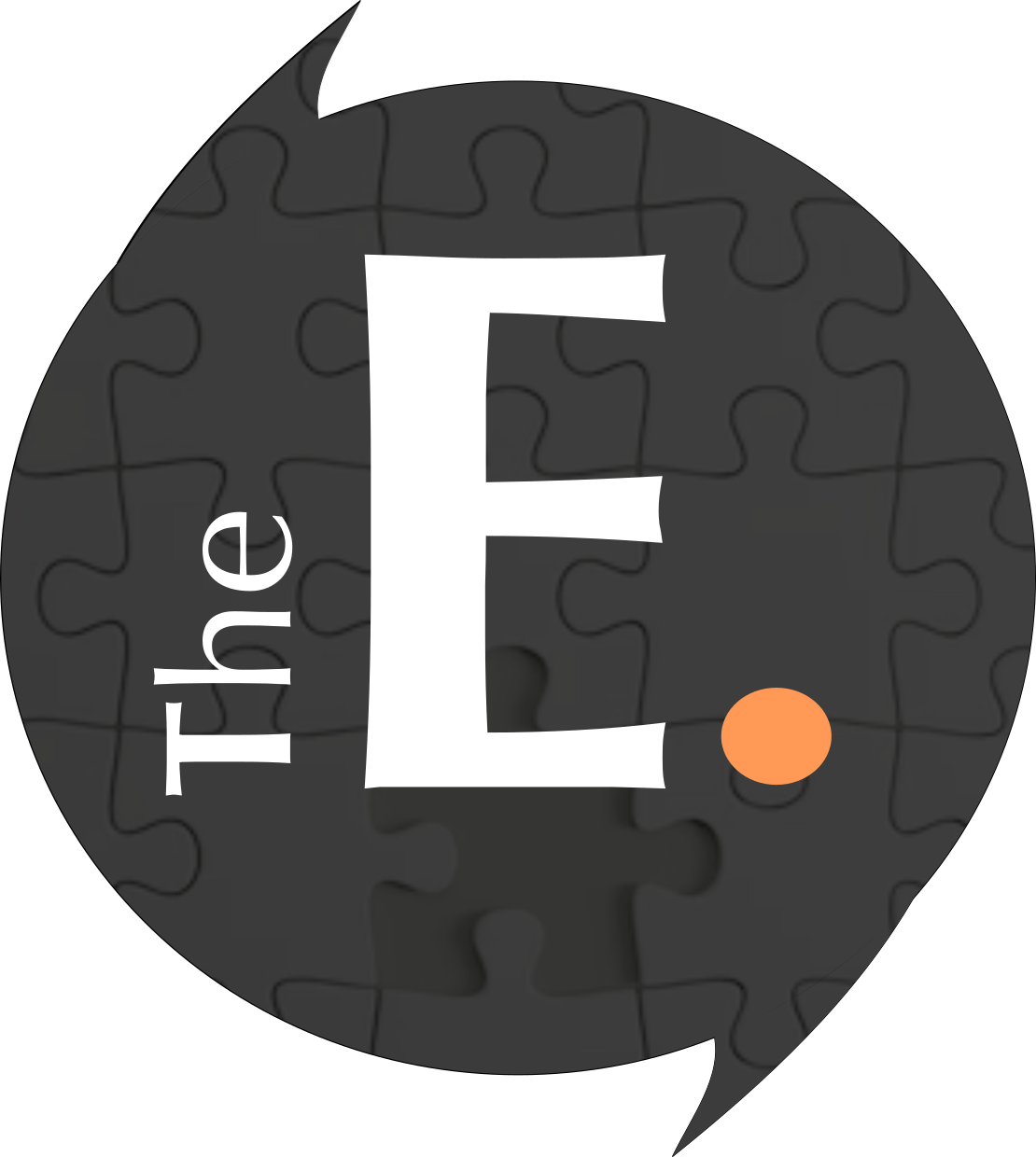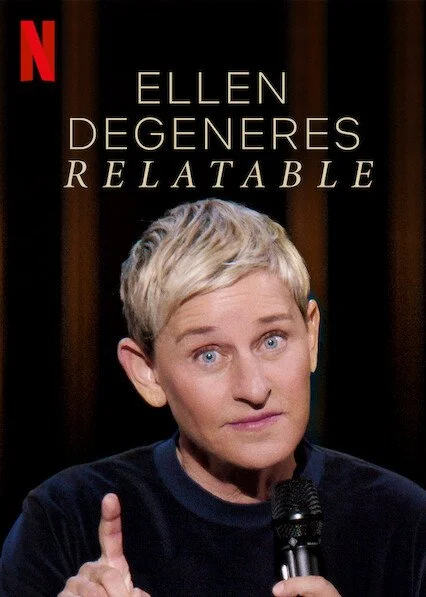Are scientists creative thinkers?
We at The Experimentalist announce a series of creative science communication workshops that could help researchers like you engage better and apply an innovative approach when you present your science next at a conference meeting, to a journal in the form of a manuscript, or at an outreach event for a general audience.
When you think of creative thinkers, who comes to mind? Artists? Poets? Designers? Perhaps filmmakers, illustrators, photographers, comedians, storytellers, or even architects. Heck, even innovators come to mind. But how far down the list are scientists? Are they even there?
Creative thinkers are supposed to generate ideas, create a world of possibilities, and implement them. Scientists do just that - they build ideas, conceptualize theories or hypotheses, plan experiments, observe the outputs, and make inferences. Yet, why don't many see them as creative thinkers?
We've noticed that scientists rarely talk about their creative process. When a movie moves you, do you often turn to YouTube to watch interviews with the cast or director? Whether it's to understand their creative process better or simply to gather more trivia, it's a common impulse for many movie enthusiasts. How often do scientists engage in talking about their process? We often pose this question to scientists we feature on our platform, and they reply, "Oh well, but who is listening?"
Who is Listening?
Many scientists find that their non-scientist peers or family members often struggle to understand what they're working on. When they try to explain, they receive confused looks, prompting them to explain more. Many times, the conversation isn't engaging enough, and the listener drifts away. This is often because scientists do not consider how they are presenting their work.
Over the past five months, we've been developing a series of science communication workshops specifically tailored for scientists. These workshops aim to help scientists engage better, reach a wider audience, and incorporate techniques from the artist's playbook to present their science effectively.
Many communication challenges scientists face today already have solutions they can find in artists’ playbook. For instance, being relatable to your audience, improvising and thinking on your feet, effective storytelling, and many more. We created a workshop with techniques that actors, comedians, and filmmakers learn for scientists to try and implement to present their science.
1. Audience matters. Know your audience.
When Ellen Degeneres was preparing for her Netflix stand-up special, a friend asked her if she could still relate to her audience. He said, "Well, do you think you're still relatable?" Ellen responded, "Yes, I do think I'm still relatable. I'm a human being." He countered, "But your life has changed so much."
In comedy, finding relatable stories with your audience is of utmost importance. If they don't get it, they will not laugh at it. And therefore, comedians refine their act to make it as relatable as possible to their listeners. Could we borrow this concept from comedians?
As researchers, what we do is very different from other professionals, and that's why sometimes we fail to relate with them. And this affects the impact we could have on our audience. Our workshop on ‘Know your audience’ is catered towards helping scientists make a listener-centric conversation, by concentrating more on how than what they would like to present. We know your supervisors and scientific peers take care of what you present. They provide feedback on science. We simply aid you in making it more accessible to your audience.
During one of our seminars on 'Knowing Your Audience,' we asked participants to provide a pop culture anecdote related to their research. The creative minds started brainstorming and came up with some fascinating ones; for example, antibiotics were likened to Avengers fighting against the superbug Thanos, and bacteria, building a biofilm was compared to strategies in Age of Empires. Using these relatable references in scientific or outreach presentations helps the audience understand the analogy and establishes a connection with your talk. Give our workshop a try!
2. Improv for Scientists
Improv theatre offers many techniques that can be rewarding for any performer. Improv involves unscripted portrayals of everyday situations, performed with a slight hyperbole, as there is an audience present. It follows a set of rules, with one of the most important being 'Yes-And,' where individuals accept an idea and build upon it rather than rejecting it. Improv has influenced many professionals and is not limited to actors or comedians. It is relevant for presenters, managers, advertisers, hospitality professionals, and basically for anyone who needs to engage and communicate effectively in their professional capacity.
We conduct Improv for Scientists workshops [also read: Improv for Scicomm] where we introduce scientists and science communicators to the basic tools of improv and demonstrate how they can use them to communicate with their peers, mask their nervousness, and think creatively. The workshop is open to any career scientist or science communicator, and prior knowledge of Improv is not necessary.
Our popular 3-hour Improv session themes are:
Thinking Fast & Slow, Discovering the game & taking a chance, and Alan Alda’s method to communicate with anybody.
3. Storyboarding your science
Storyboarding is a method frequently used by filmmakers to represent visually how the story will unfold scene by scene. Similarly, in your research, you have a story to tell. The next step is to write it as a manuscript, but often, you encounter roadblocks in devising a plot. When this happens, researchers often throw a bunch of broad references in the introduction to define a problem, quickly followed by their aim. What follows next is a big block of jargon called Methods and Results. As a reader, you hope that everything will come together in the Discussion, but often it is derailed, and the flow of thoughts is mismanaged.
The trick to overcoming this is to pay attention to how you present your science. Our 3-session workshop, 'Storyboarding Your Science,' guides researchers in finding the plot of their research story and shaping it into an engaging manuscript. The workshops are customized for research groups, providing useful examples in their field.
Write to us if you are interested in a virtual or in-person workshop. We often create custom sessions for research groups, departmental retreats, and research associations. Our prices for individual participants vary among students and other researchers. Our custom sessions for the group can be booked starting at USD 200.
We are working on more workshop ideas to make science more engaging and make the creative process behind science more accessible and relatable. We would love to hear your ideas and collaborate.


